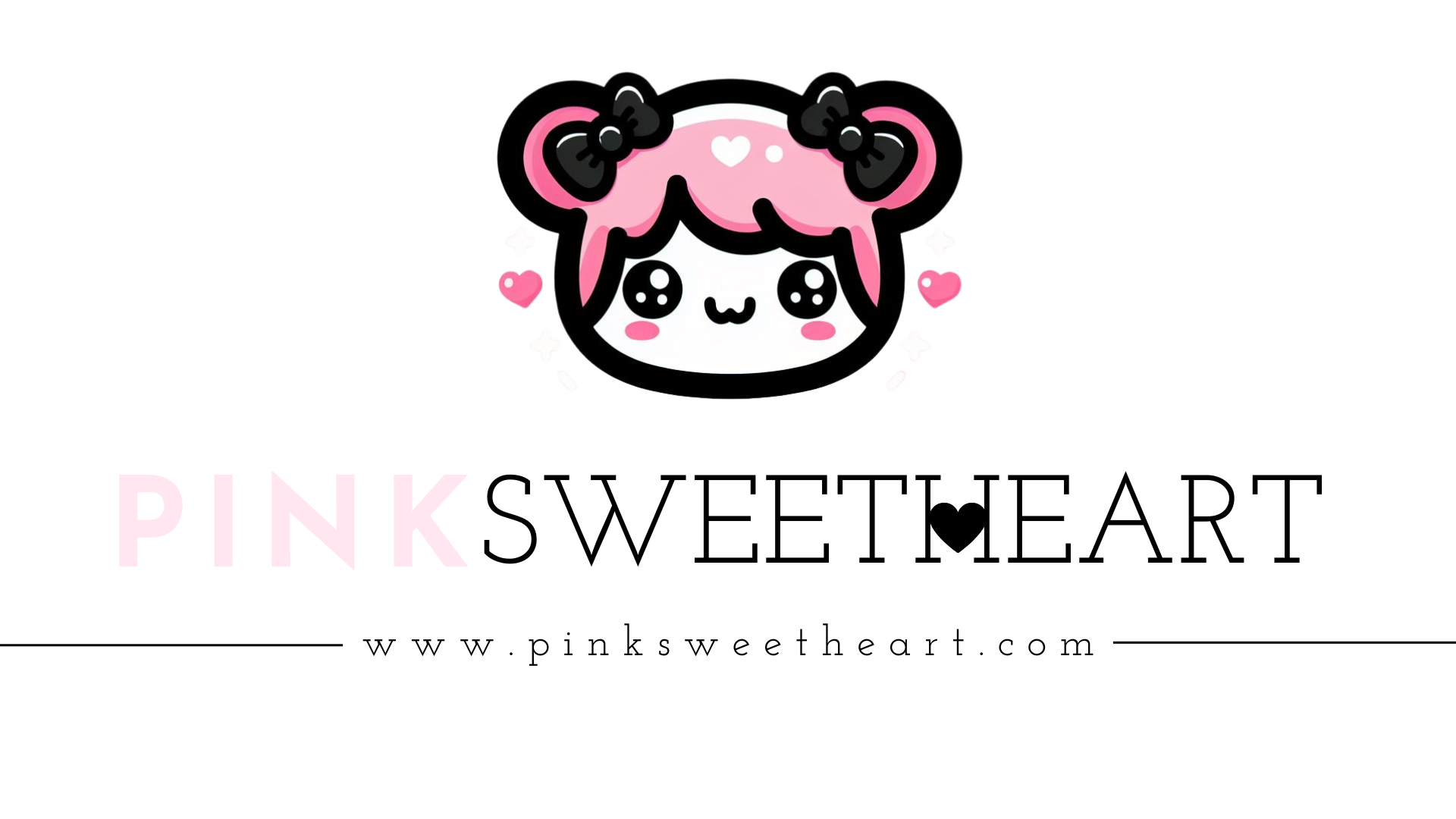Introduction:
Makeup products play a crucial role in enhancing our natural beauty and expressing our personal style. However, it's essential to remember that makeup, like any other product, has a shelf life. Understanding the lifespan of different cosmetics is vital for maintaining their effectiveness, ensuring your skin's health, and avoiding potential skin irritations. In this blog post, we'll delve into the topic of makeup shelf life, providing you with guidelines to help you use your beauty products safely and make informed decisions about their usage.
1. Why Does Makeup Expire?
Makeup products, just like food and other perishable items, can expire. Over time, various factors contribute to the degradation of makeup, including exposure to air, light, heat, and microbial contamination. As a result, the texture, color, scent, and performance of the product can be affected. Using expired makeup can lead to skin irritations, breakouts, or even infections.
2. Understanding Makeup Expiration Dates:
Different types of makeup products have varying shelf lives. Here are some general guidelines to keep in mind:
- Foundation: Liquid foundations typically last for about 6-12 months, while powder foundations can last up to 2 years. Pay attention to changes in texture, separation, or an unpleasant odor, as these may indicate expiration.
- Mascara: Mascara has a shorter lifespan due to its liquid formula and frequent exposure to air. It is recommended to replace mascara every 3-6 months to prevent the risk of eye infections.
- Eyeliners and Eye Pencils: Pencil eyeliners can last up to 2 years, while liquid or gel eyeliners should be replaced every 3-6 months to maintain hygiene and prevent eye irritation.
- Lipstick and Lip Gloss: Lipsticks and lip glosses can generally last for 1-2 years. However, if you notice changes in texture, an off smell, or a change in color, it's time to bid farewell.
- Powder Products (Blush, Bronzer, Eyeshadow): Powder-based products have a longer lifespan compared to liquids. They can typically last up to 2 years. Keep an eye out for changes in color, texture, or the presence of mold.
3. Tips for Extending Makeup Shelf Life:
To maximize the longevity of your makeup and ensure its freshness, consider the following tips:
- Store Properly: Keep your makeup products away from direct sunlight, humidity, and extreme temperatures. Store them in a cool, dry place to maintain their quality.
- Practice Good Hygiene: Wash your hands before using makeup products to minimize the transfer of bacteria. Clean your brushes and sponges regularly to prevent microbial growth.
- Avoid Sharing: Sharing makeup products can increase the risk of cross-contamination. It's best to use your own products to maintain hygiene and prevent the spread of bacteria.
- Pay Attention to Changes: Regularly inspect your makeup for any changes in texture, color, scent, or performance. If you notice any signs of expiration or deterioration, it's time to replace the product.
- Use Clean Tools: Ensure that the tools you use to apply makeup, such as brushes, sponges, or applicators, are clean and free from bacteria. Regularly wash or replace them to prevent microbial contamination.
Conclusion:
Understanding the shelf life of your makeup products is essential for maintaining their effectiveness and protecting your skin's health. By being mindful of expiration dates, storing products properly, practicing good hygiene, and paying attention to changes in texture and appearance, you can enjoy your makeup while prioritizing safety and freshness. Remember, using fresh makeup not only ensures optimal performance but also adds to your overall beauty experience.


